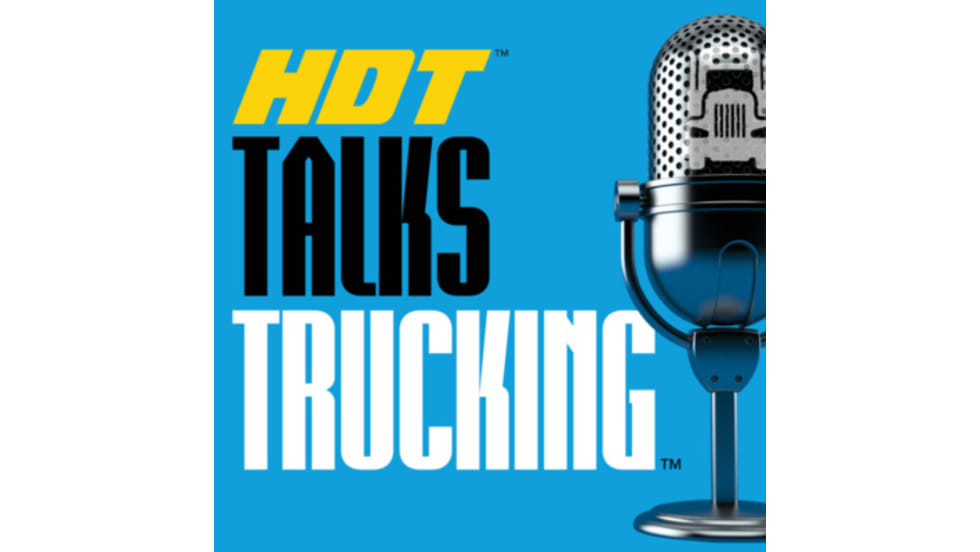Getting a good night’s sleep is essential for our health. In fact, it’s been one of the most studied health topics over the past 25 years. As we continue to collect data, we are finding more ways that poor sleep severely impacts health.
In the short term, lack of sleep impacts our mood, our ability to focus, and even our motor skills. Long-term irregular sleep has been tied to weight gain, diabetes, heart disease, hypertension, mood disorders and shortened life expectancy. We can see the significance to truck drivers with just the short-term sleep issues. When we take into consideration that this is a longtime issue for many drivers, we may be heading into a major crisis.
Getting regular quality sleep is one of the biggest challenges long-haul drivers face. Between irregular sleep times, noisy truck stops, uncomfortable mattresses, and an unhealthy lifestyle, it’s no wonder. So how do we as an industry help our drivers get better sleep, improving their health and safety? There are many different ways that drivers can improve sleep quality, but it helps to have the company supporting their cause and offering additional resources.
1. Better mattress = better sleep
One of the biggest complaints I hear from drivers is that the mattresses in truck sleepers are uncomfortable and very poor quality. Sleep improves with a 3- to 6-inch-thick memory foam pad or a higher-quality mattress. Trucking companies can provide these for drivers, offer either or both of these options to drivers on a payment plan, or provide incentives for drivers to purchase them on their own.
2. Move more
Encourage drivers to move more. The more movement you get throughout the day, the more melatonin your body produces, which helps you get deeper, more restful sleep, and to stay asleep longer. The more you move and exercise, the better sleep you will get, so your body can recover and restore energy expended. Encourage drivers to stretch several times per day, take walks when possible, and even squat up and down multiple times throughout the day. And on their days off, encourage and teach them how to stay active.
3. Watch out for caffeine
Coach drivers to reduce or eliminate caffeine, especially during the six hours before bedtime. Caffeine inhibits the production of melatonin. So even if you are able to fall asleep after drinking coffee or a Mountain Dew, without enough melatonin, your body won’t reach the deeper and more restorative states of sleep and won’t stay asleep for a full night’s rest. Drivers should limit their intake to no more than 60 mg of caffeine per day. Eating whole foods and taking a high-quality multi-vitamin will help give your body the energy it needs without caffeine.
4. Music can be magic
Listen to relaxing meditation music as you sleep. In particular, delta waves binaural sleep meditation can help. The frequency of these waves helps the brain reach and stay in deeper states of sleep, so you wake up more rested and alert. Drivers can find a variety of these tracks on YouTube.
5. Sleep apnea
Lastly, I want to mention the issue of sleep apnea, which according to one study affects approximately 28% of truck drivers. We’ll address it more in depth in another column, but obstructive sleep apnea can be a serious condition that disrupts sleep and can significantly impair alertness. Offering education and support is important. Drivers who are overweight and with a neck size over 17 inches for men (16 inches for women) are at high risk. Other risk factors include loud snoring and smoking. Encourage drivers to get tested and offer access to CPAP machines for treatment. I’ve met dozens of drivers who say their quality of life has drastically improved since they started using a CPAP machine and they now can’t imagine life without it.
Sergio, a 2018 HDT Truck Fleet Innovator, has over 21 years of experience as a personal trainer, nutritionist and health coach. Certified in a variety of nutrition and fitness disciplines, he holds a bachelor’s degree in psychology, was a health expert for NBC for 11 years, and today heads up wellness efforts for Hirschbach Transportation. He can be reached at srojas@truckinginfo.com.












